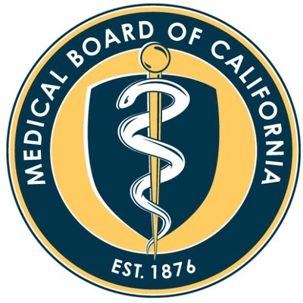What is the Medical Board of California?
The Medical Board of California (MBC) was created by the Medical Practice Act. It functions to protect patients and to ensure that persons practicing medicine meet high standards of training and education. The board monitors physician performance when complaints are directed to the board or when potential red flags come to the board's attention. The board issues and enforces regulations that govern the practice of medicine. The Medical Board of California is third in command as it functions under the supervision of the Department of Consumer Affairs and both agencies are ultimately under the control of the Governor of the State of
Overview of the MBC:
The Medical Board of California (MBC) operates as a semi-autonomous licensing agency under the Medical Practice Act and the Department of Consumer Affairs (DCA).
The Board consists of 21 members who serve four-year terms.
12 members are California-licensed physicians.
9 members are public (non-physician) representatives.
Appointments:
19 members are appointed by the Governor.
2 public members are appointed by the Assembly Speaker and Senate Rules Committee.
Authority
The MBC holds independent authority to make licensing and enforcement decisions under Business and Professions Code section 109(a), subject to judicial review.
Empowered to adopt regulations under the Administrative Procedure Act.
Adheres to the following transparency acts:
Bagley-Keene Open Meeting Act: Requires meetings and decisions to be public.
California Public Records Act: Allows public review of agency documents, with certain exemptions.
Unique Structure:
Divided into two autonomous divisions:
Division of Licensing (DOL):
Oversees physician licensure.
Regulates specific non-physician healthcare professions.
Division of Medical Quality (DMQ):
The MBC Division of Medical Quality reviews the quality of medical practice carried out by its physician licensees, conducting disciplinary proceedings in cases of unprofessional conduct, and enforces the disciplinary and criminal provisions of the Medical Practice Act as well as state laws such as California’s insurance fraud statute (PC 550) and numerous federal laws and regulations.
Each division operates independently without oversight of the other. The lawyers for the board are all from the Attorney General's office so coordination on legal and other issues can take place through the shared law firm.
Leadership:
The MBC appoints an Executive Director responsible for:
Staff management across key areas like licensing and enforcement.
Ensuring operational efficiency.

